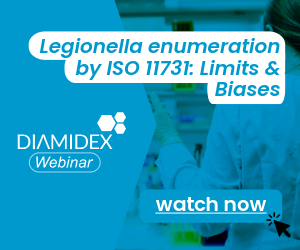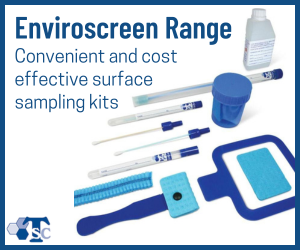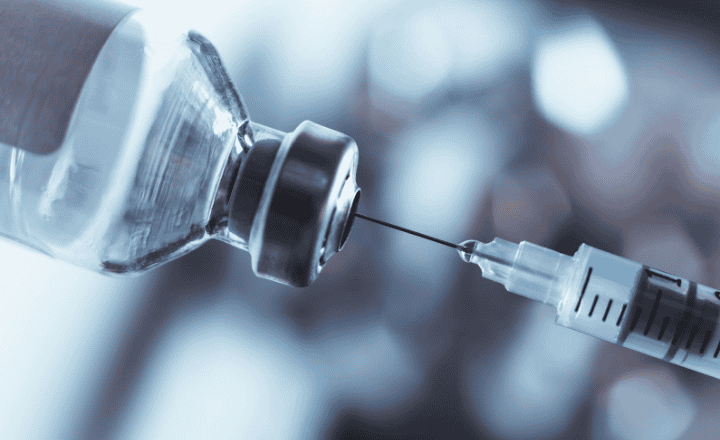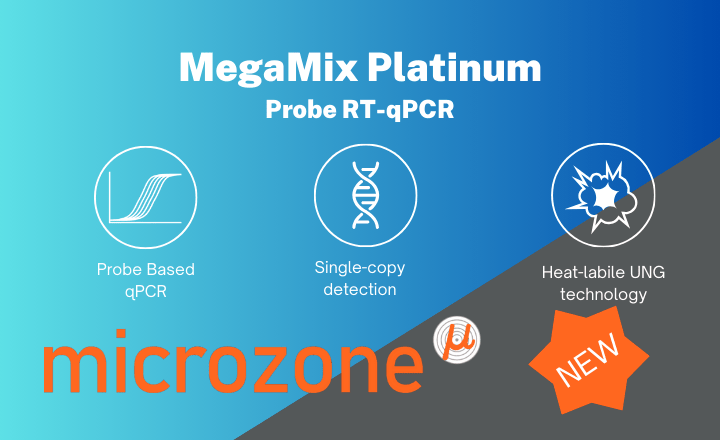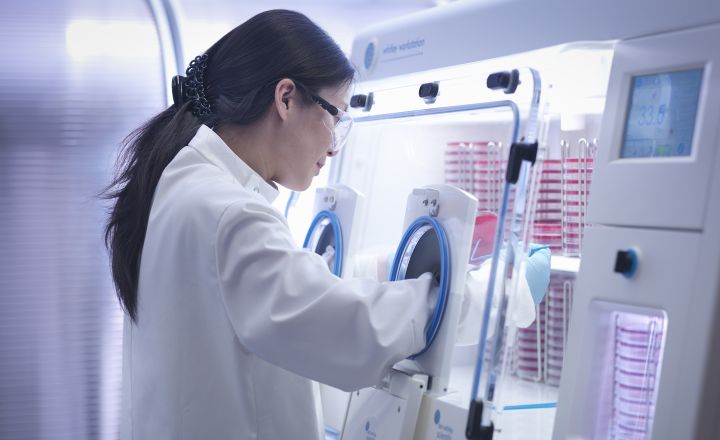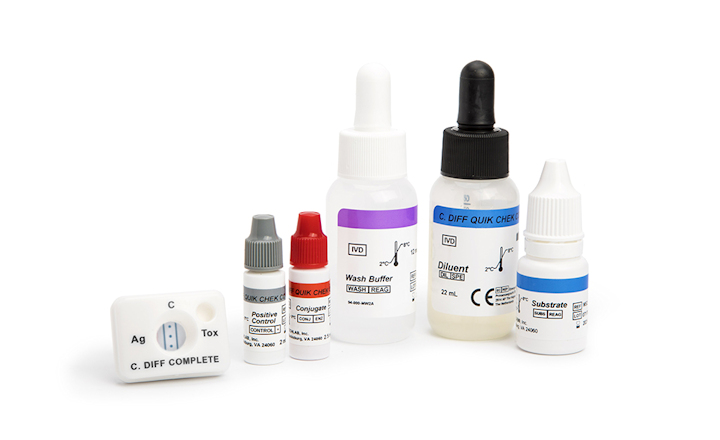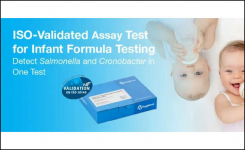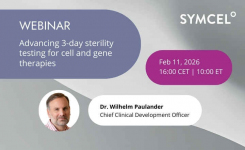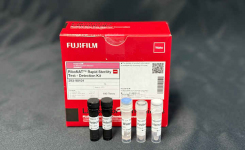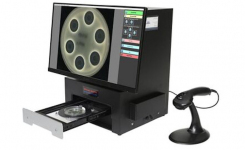The Food and Drug Administration (FDA) has highlighted the potential risk of serious infections with the use of fecal microbiota for transplantation (FMT). The agency has become aware of two immunocompromised adults who received investigational FMT and went on to develop invasive infections caused by extended-spectrum beta-lactamase (ESBL)-producing Escherichia coli. One of the individuals died. The FMT used in these two individuals were prepared from stool obtained from the same donor.
The donor stool and resulting FMT used in these two individuals were not tested for ESBL-producing gram-negative organisms prior to use. After these adverse events occurred, stored preparations of FMT from this stool donor were tested and found to be positive for ESBL-producing E. coli identical to the organisms isolated from the two patients.
Because of these serious adverse reactions that occurred with investigational FMT, FDA has determined that the following protections are needed for any investigational use of FMT- Donor screening with questions that specifically address risk factors for colonization with multi-drug resistant organisms (MDROs), and exclusion of individuals at higher risk of colonization with MDROs
- MDRO testing of donor stool and exclusion of stool that tests positive for MDRO. FDA scientists have determined the specific MDRO testing and frequency that should be implemented.


